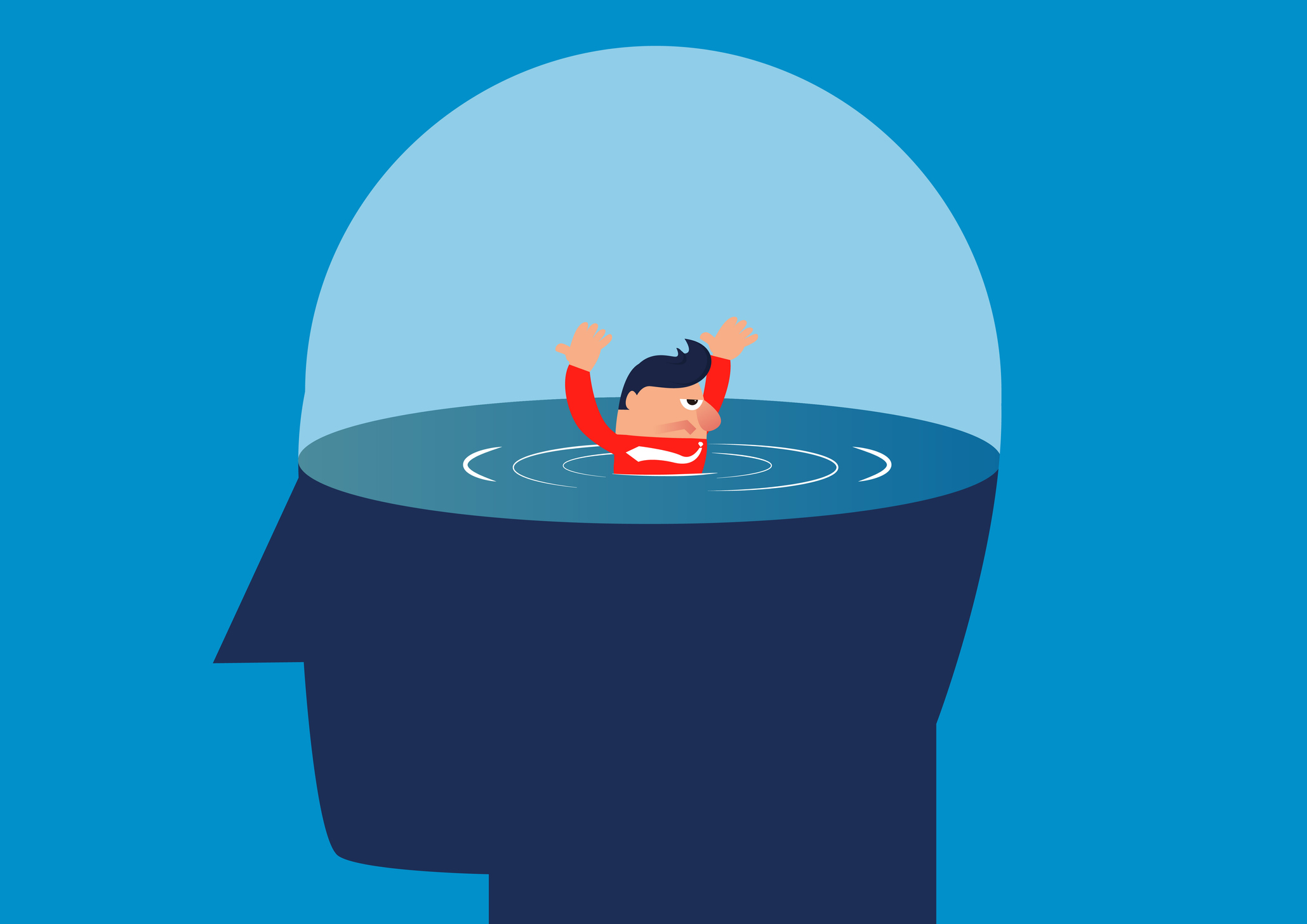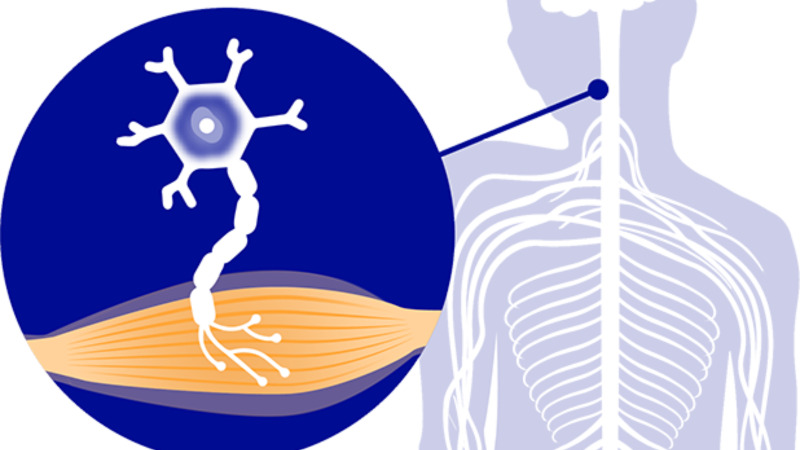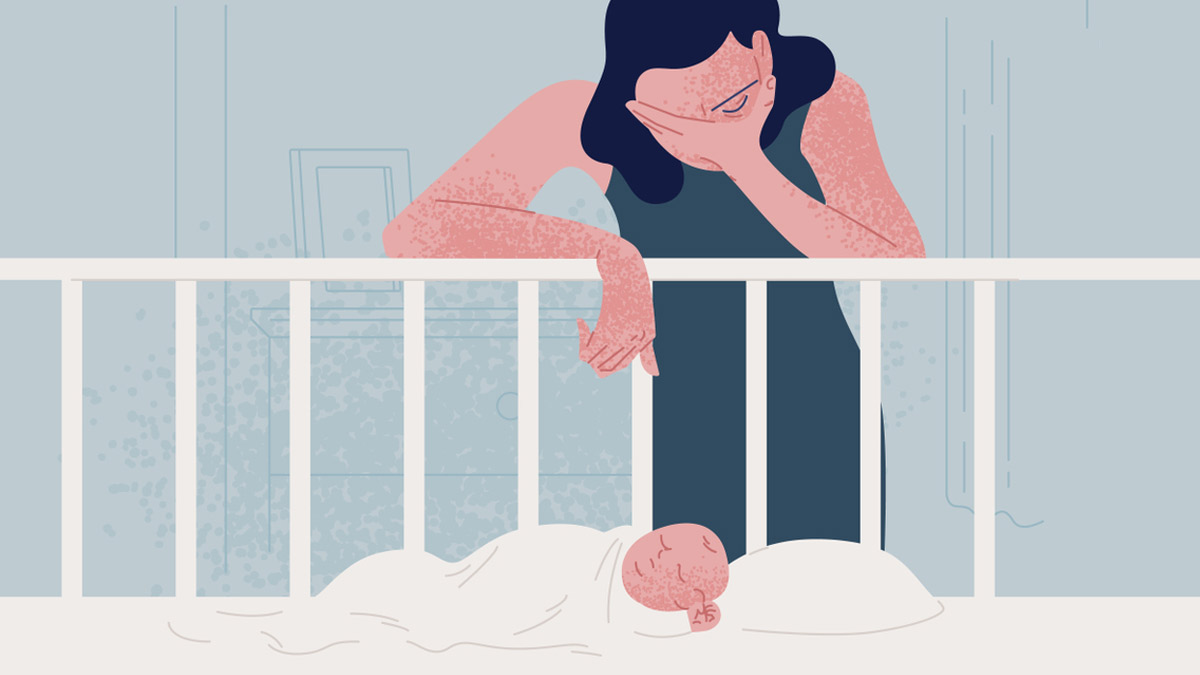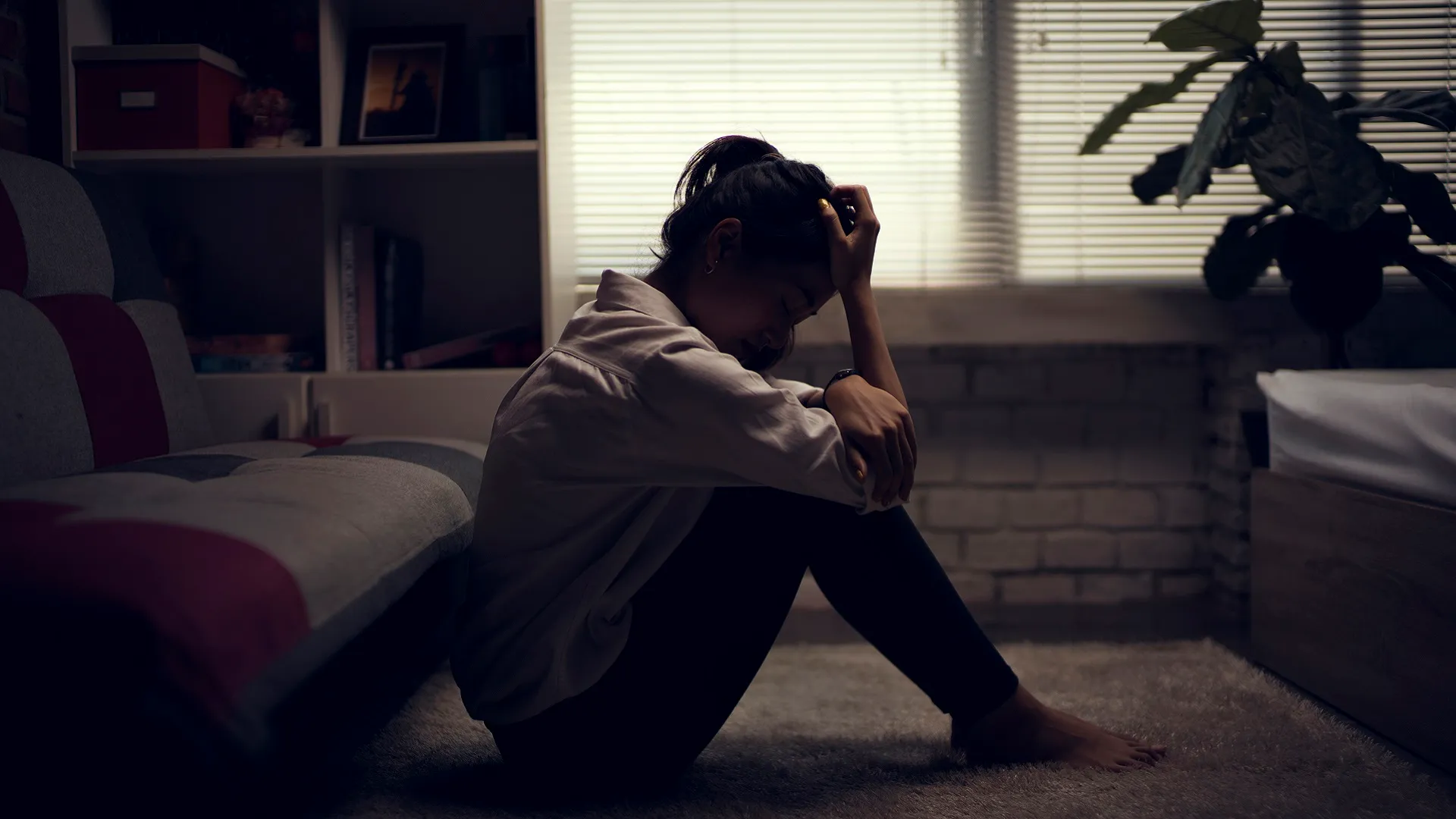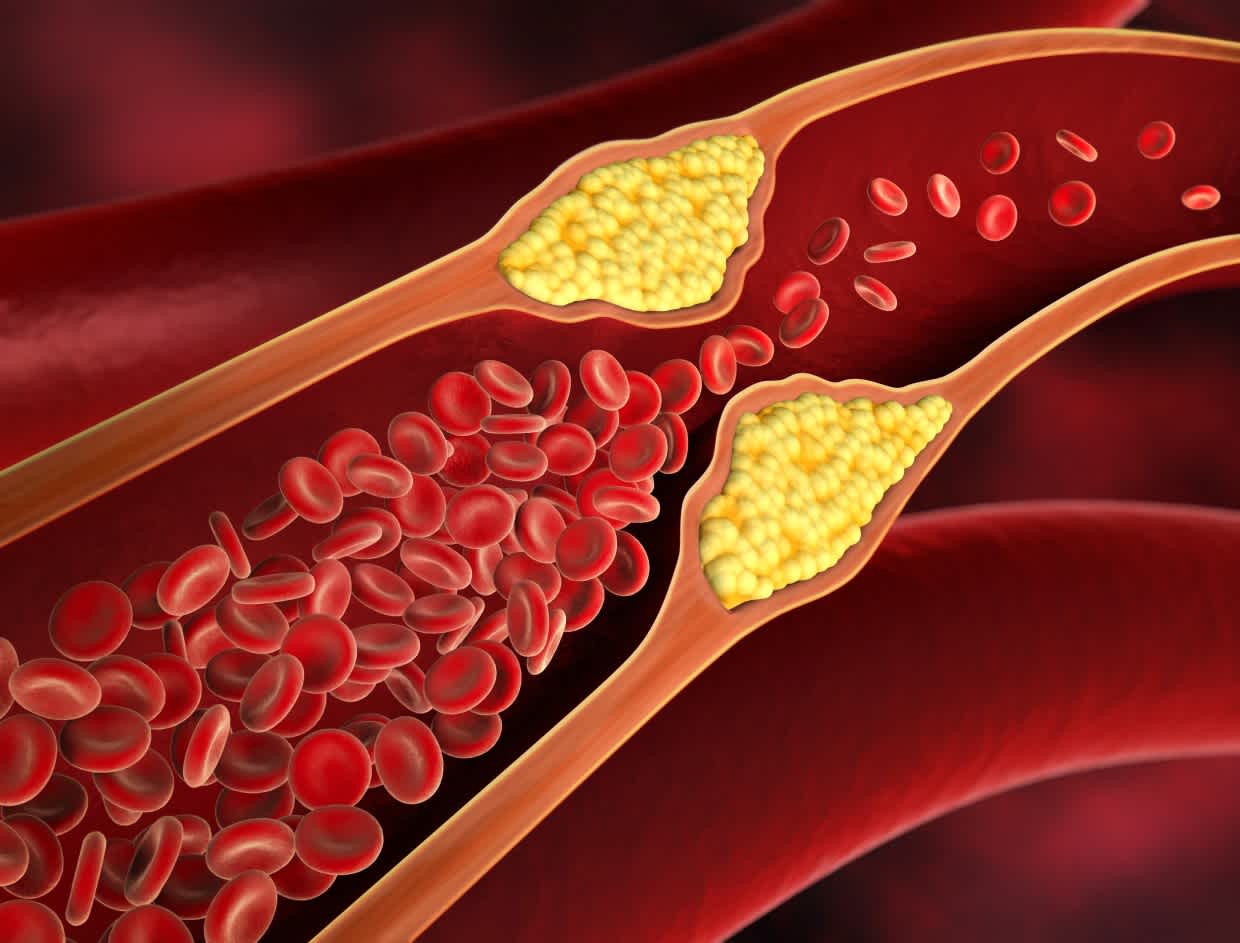Panic attacks can be caused by a combination of factors, including biological, psychological, and environmental influences. Here are some common causes and triggers of panic attacks:
- Genetics: A family history of panic disorder or other anxiety disorders may increase the likelihood of experiencing panic attacks. Certain genetic factors can make some individuals more susceptible to anxiety-related conditions.
- Brain Chemistry: Imbalances in neurotransmitters, such as serotonin and norepinephrine, can contribute to the development of panic attacks. These neurotransmitters play a crucial role in regulating mood and emotions.
- Stress: Experiencing significant stress or ongoing stressful situations in life can be a trigger for panic attacks. Stressful events, major life changes, or traumatic experiences can create an environment where panic attacks may occur.
- Anxiety Disorders: People with generalized anxiety disorder, social anxiety disorder, or specific phobias are more likely to experience panic attacks. Panic disorder itself is characterized by recurrent and unexpected panic attacks.
- Personality Traits: Certain personality traits, such as being highly sensitive or prone to perfectionism, may increase the risk of panic attacks.
- Substance Use or Withdrawal: The use of stimulants (e.g., caffeine, amphetamines) or certain recreational drugs can trigger panic attacks in susceptible individuals. Additionally, withdrawal from drugs or alcohol can lead to increased anxiety and panic attacks.
- Medical Conditions: Certain medical conditions, such as thyroid disorders, cardiac conditions, and respiratory problems, may contribute to the development of panic attacks.
- Caffeine and Stimulants: Consumption of caffeine or other stimulants can provoke anxiety and panic attacks in some individuals.
- Phobias: Specific phobias, such as fear of heights or crowded spaces, can trigger panic attacks when confronted with the feared situation or object.
- Social Situations: For individuals with social anxiety disorder, being in social situations where they feel judged or scrutinized can lead to panic attacks.
- Cognitive Factors: Negative thought patterns, catastrophic thinking, and excessive worry can contribute to the development and exacerbation of panic attacks.
- Environmental Triggers: Certain environments or situations, such as confined spaces, driving in traffic, or being in large crowds, may trigger panic attacks.
It’s important to note that while these factors can contribute to the development of panic attacks, each individual’s experience is unique. If you or someone you know is struggling with panic attacks or anxiety, seeking help from a mental health professional is highly recommended. Effective treatments, including therapy and, in some cases, medication, can significantly improve the management of panic attacks and anxiety disorders.


